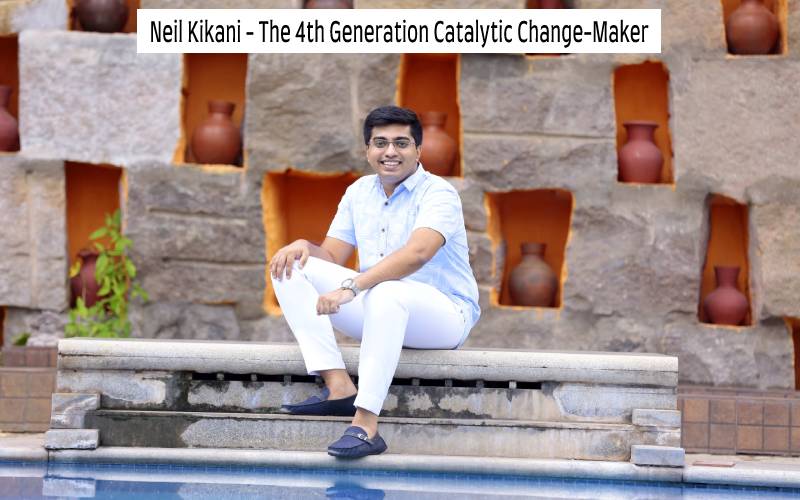
Success = Keeping things simple yet significant
Gradatim Ferociter (Latin, in English means, step-by-step, ferociously & courageously with passion) is what defines this individual and his approach to accomplish goals on personal & professional fronts in life.
From being naïve, timid & shy, to being calm and zestful – Neil Kikani (26) puts pedal to the metal, to diversify from the heritage textile business to the healthcare industry, with his entrepreneurial venture, Ragok Medicare.
He possesses a mystical balance - Avant-garde yet traditional, grateful & loving yet couldn’t-care-less, Observing & caring yet restless & impatient, it is this potent mix that has sculpted him to be a fine human being and is helping him nurture the family legacy.
The Kikani Family
The Kikani family has been into the business of textiles for several decades. The family has left no stone unturned in the textile vertical, be it cotton, spinning, or trading in yarn. Textile processing has been a part of their forte. The founders Gopaldas Kikani, Baldevdas Kikani & Kishandas Kikani were veritable pioneers. The three brothers and their sons had played a significant role in making Coimbatore a mature textile enclave.
Their contribution towards the well-being of the society had been commendable. Several educational and charitable institutions established by the Kikanis have been serving the society for almost 3-quarters of a century. Several generations of Kikanis have excelled as entrepreneurs and Neil is amongst the latest to join this tribe.
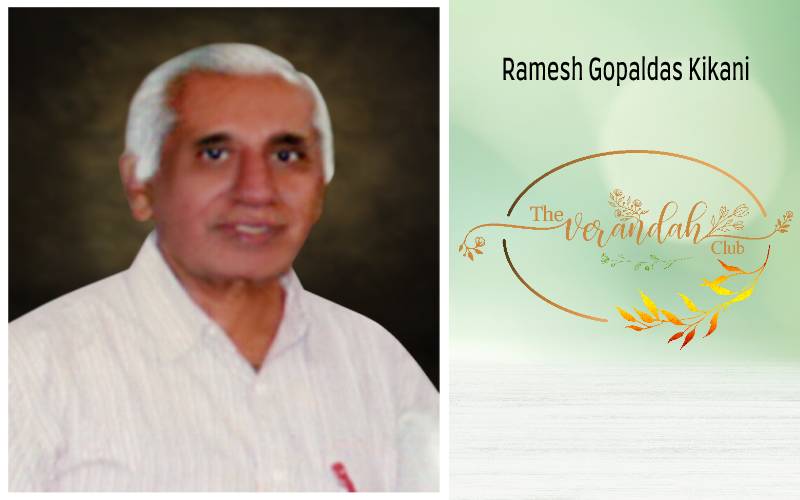
Ragok Medicare - An Entrepreneurial Leap
“Impossible is not a fact, but just an opinion”- Muhammad Ali.
This was conveyed to Neil by his grandfather, Ramesh Gopaldas Kikani (his biggest inspiration & influence), which led to sowing the seeds of Ragok Medicare.
Ragok (Ra- Ramesh, Go-Gopaldas, K-Kikani) Medicare is a robust healthcare start-up headquartered in Coimbatore (Tamil Nadu). It has been providing customized, effective, and ensured rapid diagnostic solutions which help in quick & real-time detection of narcotic substances and other human-related diseases. The company has 3 directors, Neil Kikani, Dhanesh Mehta & Parul Kikani.
Ragok Medicare currently is an exclusive Indian channel partner for Drug-of-Abuse (DOA) Detection devices manufactured by a company which is one of the leading & the largest POCT device (In-Vitro Diagnostic devices) manufacturers in the world. The company is certified with USFDA, CE, FSC, other worldwide recognitions and recommended by WHO.
Ragok Medicare in the next 5 years aims at setting shop for manufacturing the Rapid Diagnostic Devices in India, aligning with Hon. Prime Minister Shri. Narendra Modi’s 'Make in India' program and also contributes support towards the “Drug-Free India movement”. The company also is in the process of expanding its product range by introducing Rapid Detection devices for detection of other human diseases quickly. One such example of such a disease is Prostate Cancer.
The Company’s mission is to deliver non-invasive, patient-friendly, hassle-free, cost-effective & accurate diagnostic devices. Thereby, making detection of diseases rapid, effective & efficient. The company stands by its core values of integrity and transparency. It contributes to the society by delivering certified products which will help in promoting the vision of ‘Drug-Free India.’ It will soon be a global leader in the manufacture of Rapid diagnostic category detecting diseases and save lives globally.
“We want to be market creators & category makers. Enterprises fail because they introduce product & services to serve the market rather than to create the market”, stated the budding entrepreneur, Neil Kikani.
Ragok Medicare is primarily into providing equipment which detects narcotic substances in a human-body. “The purpose of venturing into such a niche area is that we found that drug & alcohol detection methods in India were awfully slow and were done through blood tests. This process is not only invasive but also time consuming. There also exists a high possibility of the blood samples being manipulated. Hence, we brought in Rapid Qualitative Method of Detection through urine. It works on the urine sample using an advanced urine-based technology which has a detection time of 2-5 minutes in comparison to a blood test which takes hours for the results to be generated.
The more compelling aspect of venturing into this space is the rising drug menace in India. As per the report from the Ministry of Social Justice & Empowerment and the NDDTC (National Drug Dependence Treatment Centre), AIIMS, New Delhi, titled ‘Magnitude of Substance Abuse in India 2019,’ states that the consumption of psychoactive substances has increased by 30% over the last decade, and drug types & consumption patterns are also seeing a hike.
India’s most frequent consumption types are cannabis, opioids, opium, hallucinogens, sedatives, stimulants, injected drugs, and inhalants. The Indian drug problem is so huge that if it is not addressed, India will soon fall into a drug-trap.
Let us look at some startling facts. As per reports, 2.1% of the population (2.26 crore Indians) consume opioids which include heroin, opium, etc., and cannabis (Ganja, marijuana) is consumed by approx. 2% of the population. Most of the consumption patterns are seen in the age-category between 12-50 years. The company caters the public sector i.e., government bodies (controlled by the state & the central governments) and also the private sector.
Drug-abuse not only impacts physical & mental health of the one consuming but creates a terrible impact on their family. Drug abuse results in tremendous economic consequences. To state a few, it affects, health (cost of drug prevention and treatment, rehab/de-addiction centres, hospitals), public safety (drug-affected driving), environment (disposal of drugs), and productivity (labour productivity). It also leads to increased crime rates.
Further, drug-abuse does more psychological harm than physical. According to reports, drug-use disorder is characterized by sharp dip in mental health conditions. The drug use disorders have resulted in the alteration of a person’s brain structure and function accompanied by long-term psychological effects such as paranoia, chronic depression, high levels of anxiety, panic disorders, increased aggression with other physical effects such as cardiovascular diseases (damage of the heart & blood vessels), respiratory problems, kidney & liver damage.
According to the ‘World Drug Report – 2019' by United Nations, 35 million globally suffer from drug-use disorders while only 1 in 7 receives treatment & medical attention.
“Addiction is neither cool nor a style statement, Say NO to drugs.”
- PM Narendra Modi.
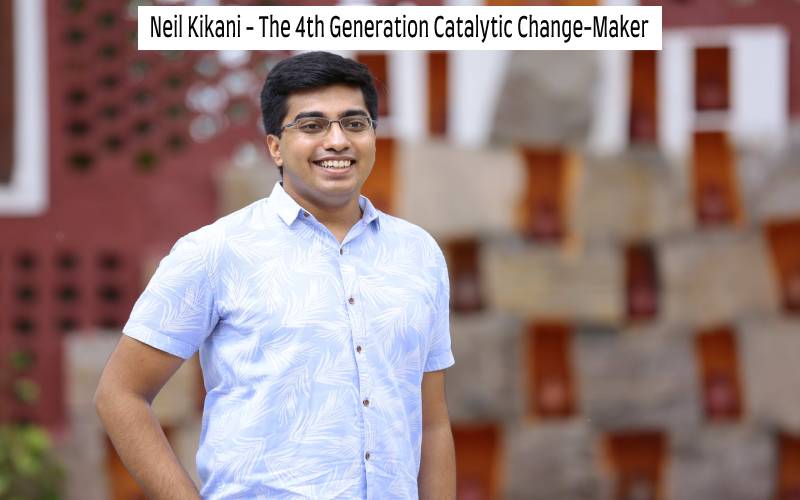
Textiles: Traditional business with a ‘SUSTAINABLE’ vision
The Kikani family have contributed immensely to the textile industry. Being one of the oldest Gujarati families to have migrated and settled in Coimbatore, they have mastered & contributed to the industry. Their contribution has been in all verticals of the textile business. Neil Kikani, the 4th generation of the Kikani family is an ambitious & a sharp person. His cutting-edge approach aids in taking the legacy forward.
When Neil Kikani was asked about his plans to take the business forward, he responded, “We live in a world today where clothing changes form, shape, texture, color, patterns rapidly, and the product (Finished product-apparel/garment) life cycle with our generation is shortening. This generation does not want to wear the apparel for more than 20 times/1 year, they want change, they want to experiment with new styles and adapt to the trend of a particular period. What happens here is that there is ample amount of wastage which leads to enormous amounts of fabric/apparel dump. It directly has its impact on the environment. This calls for the need for sustainability. Now, sustainable does not only mean recycling or reduction in the usage of resources to make the end-product, but it means being earth-friendly i.e., not just being bio-degradable but being compostable.”
“I want to take the legacy forward by focusing on spinning industry & catering widely to the textile industry through fibers that have absolutely low/no impact on the environment. We have started experimenting with recycled fibers, plant-based fibers, animal-based fibers like alpaca, semi-synthetic like cupro, sustainable viscose, pineapple fiber, etc. All the above fibers require less water, low chemical control, no GMO, less energy, obtained from natural/recycled resources made of wastes, and even prevent soil erosion. There are companies which have started drifting towards sustainability largely, but we want to introduce sustainability with a twist, like I said, we want to be market creators and so we shall…” smiled Neil Kikani
The Grand-Man Influence, Grandfather Ramesh Gopaldas Kikani (RGK)
Late Shri. Ramesh Gopaldas Kikani was a man who personified simplicity and humility in every sense. “My grandfather was my best-friend, mentor-advisor, teacher & my biggest support system. I used to sit beside him every night and he used to recite chapters from the Bhagwat Gita, Mahabharata & Ramayana and also read Amar Chitra Katha (Group of books depicting Indian history & mythology). He introduced me to the world of reading by making me read biographies of world leaders & also corporate personalities. My first biography was of J. R. D. Tata followed by John D. Rockefeller, both of whom were titans of the corporate world, and they get the credits for setting up world-class organizations which are contributing immensely to the societies & respective economies till today,” uttered the optimistic young man.
Neil continued, “Being in the textile industry, he shared with me stories of the textile houses of India, such as, Bombay dyeing, Mafatlals, Arvind, Grasim Century, Raymond, Lakshmi, Radhakrishna and many more. Lakshmi being a Coimbatore based group & front-runners of the textile industry has close association with our family. It had an inspirational impact on me along with the house of Tatas. The gentleman entrepreneur G. K. Devarajulu of the Lakshmi family exerted a tremendous influence on me”.
Ramesh Kikani was an avid badminton player, sports captain, during his school days, and a sports enthusiast. Neil has kept the badminton DNA going by being a professional badminton player himself till the age of 21. He still continuous to play for the love of the sport.
Neil added to the lauding, “I credit my holistic development to my grandfather. From imbibing the right sanskars to making me understand vital life lessons through experiential learning. He was a person who always had the courage of his convictions and inspired me to follow his course. He remained a constant encourager & a supporter who was behind me all the time, especially when I failed or made a mistake. He always believed in the formula, ‘Partnership is essential for growth & New business vision + Design genius + Strategic implementation = World Class Innovation’. I ever feel his presence & he is with me always.”
He became emotional when quoting the poem,
RGK is my grandfather,
For good advice there was no other,
He always took the greatest care
And in all things was very fair,
RGK of course was very fit,
He didn’t seem to want to sit,
In-fact he had a pleasant glow,
All who see him are inspired,
RGK was always organized
And punctuality was prized,
Not agonizing was the trick
And decisions were made quick,
If he thought it was right,
He put all his will and might
For all he did, he was never tired,
Most people of his age would say, “no way”
And none of us could fail to see
That he was full of energy.
- (Poem inspired by Nadir Godrej)
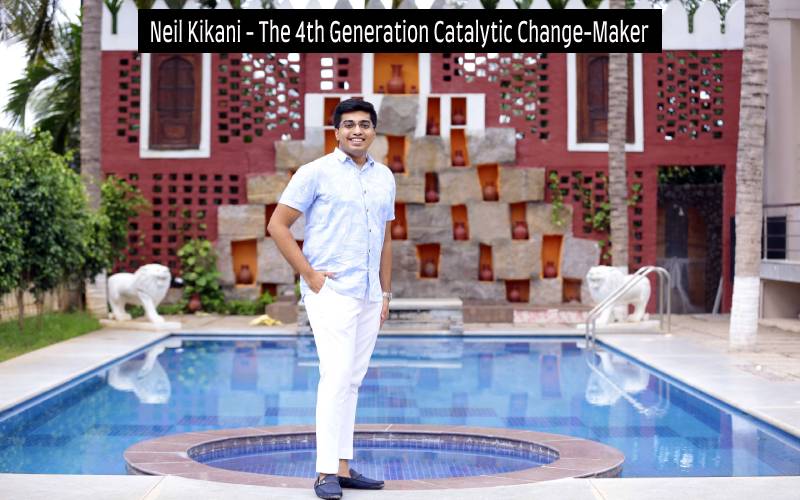
Through my entire conversation with Neil, I figured that this youngster has understood that nation-building and entrepreneurship are two sides of the same coin. His initiative connected with drug detection has been contributing towards nation building. If India needs to harvest its demographic dividend, it is important to ensure that we have a drug-free India.
I am glad that Neil has recognized this. The individual social responsibility curve of this young Kikani has urged him to take up a sustainable path in the business of Textiles. India has been a global leader in the business of textiles, and it is important that the environmental aspect is addressed immediately. It is heartening to see that Neil Kikani has combined social consciousness, environment & entrepreneurship through his enterprise Ragok. His work will not just yield results but will also be worthy of emulation.
Neil Kikani, is also an active EC (Executive Council) member of Young Indians Coimbatore Chapter - Confederation of Indian Industry and a board member of the British Business Group (an Indo-British Trade alliance group).
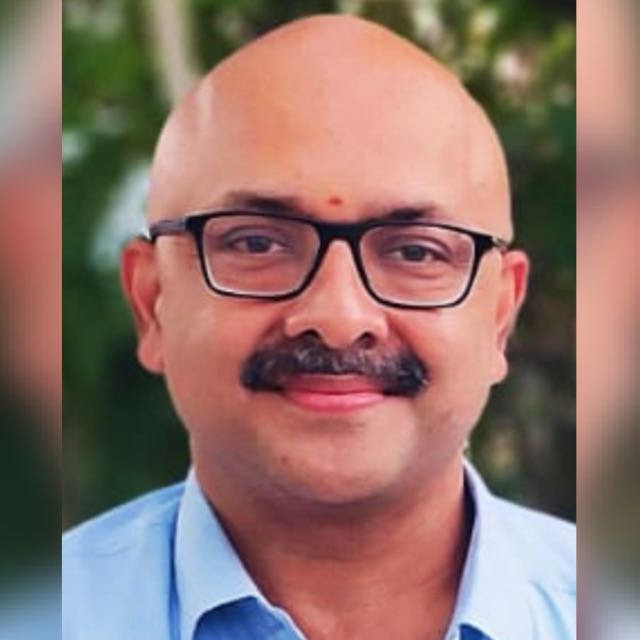
Mr. Rajesh Govindarajulu is one of the founding members of the Verandah Club Pvt. Ltd. He is a leading columnist, historian, jeweler, entrepreneur, and a heritage enthusiast who is earnestly working to revive the past in the light of the present. Experiential learning about the history of Coimbatore is his main course of interest and he is also a panel member of many colleges in the city.
NEXT ARTICLE
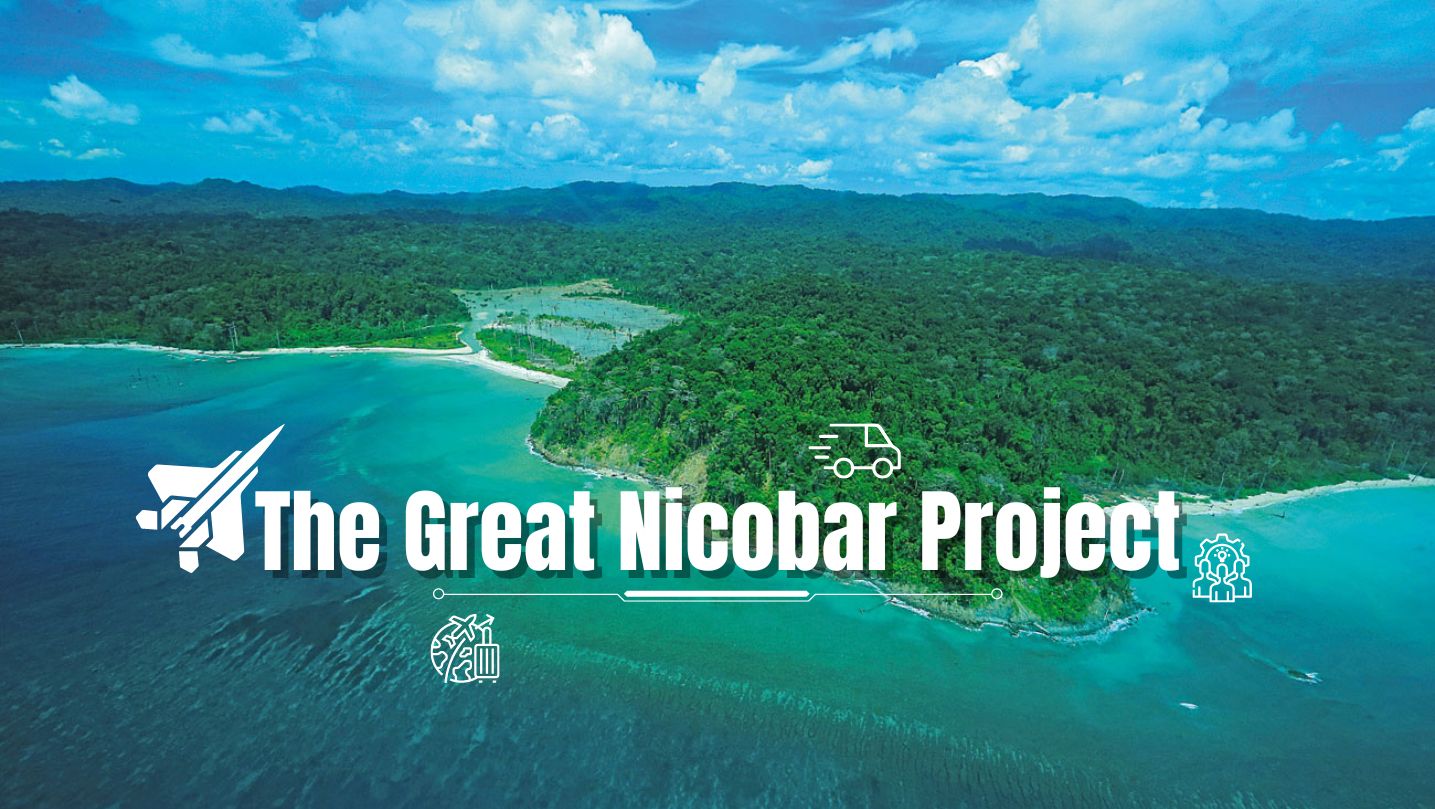
At the southernmost tip of this mesmerising ensemble lies the majestic Great Nicobar Island, boasting an impressive landmass of about 910 square kilom...
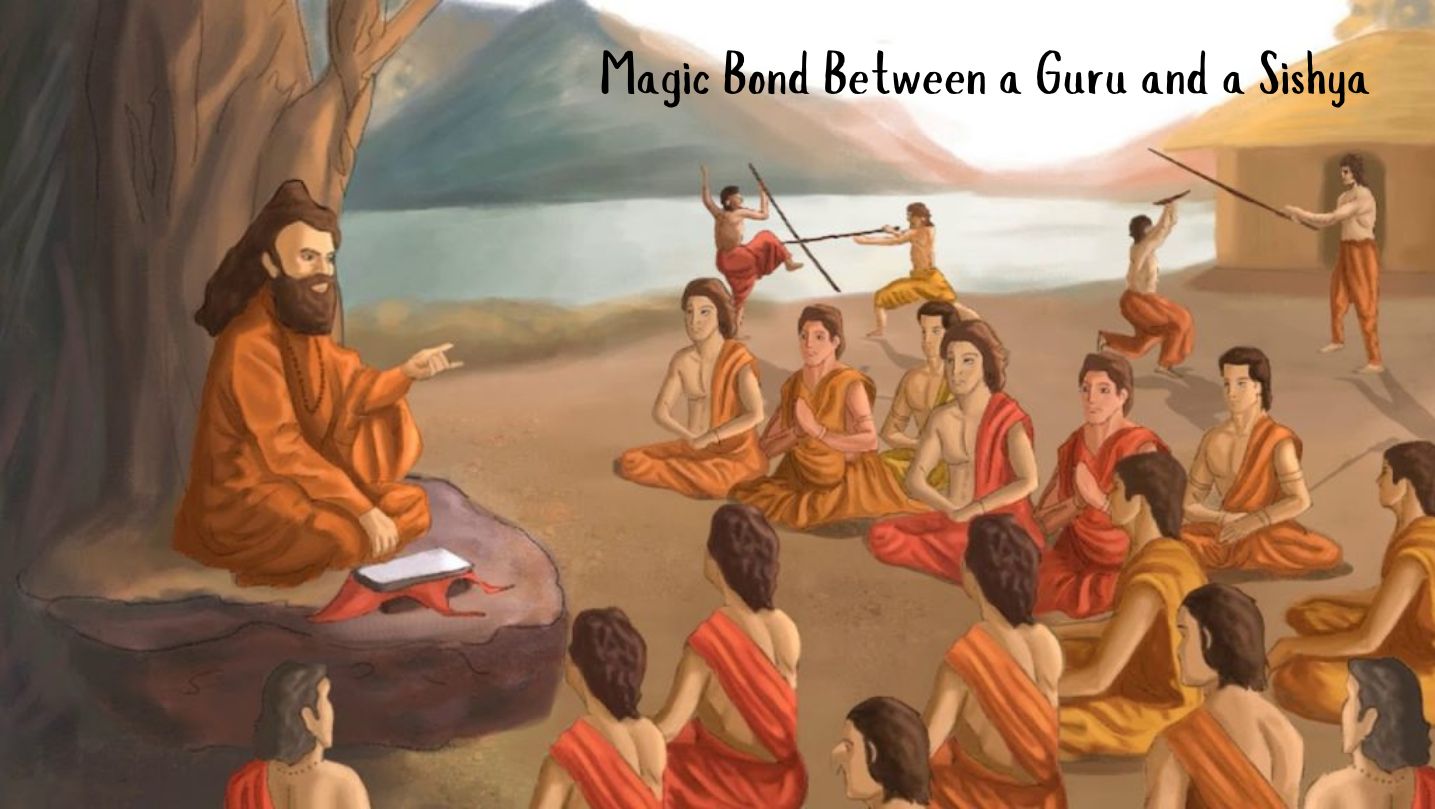
Bharath has always been a land traversed by spiritual masters/ Guru since time immemorial. These spiritual masters have always upheld the core princip...

South India contains its fair share of unique pilgrimage centres. These divine places of worship have a prominent Sthala Purana, devoted followers, di...